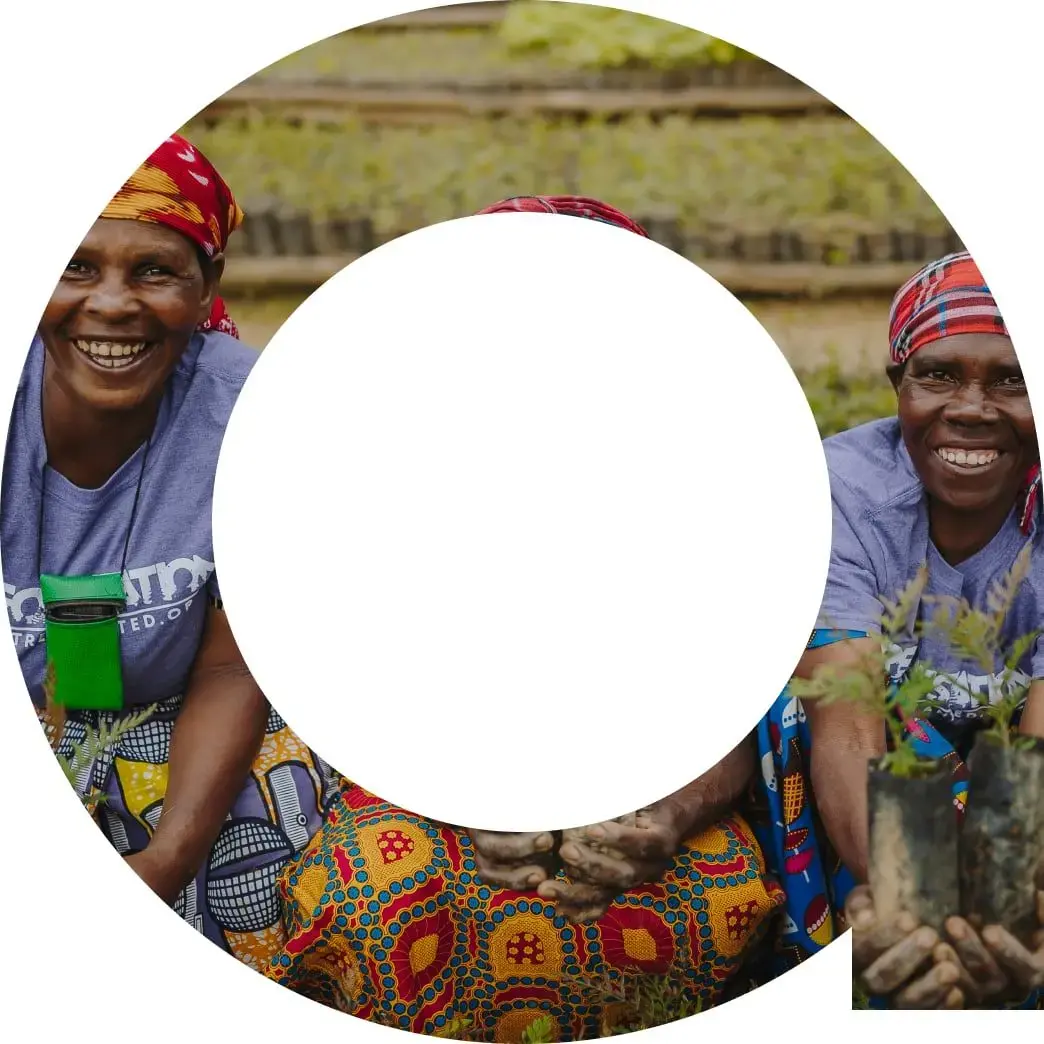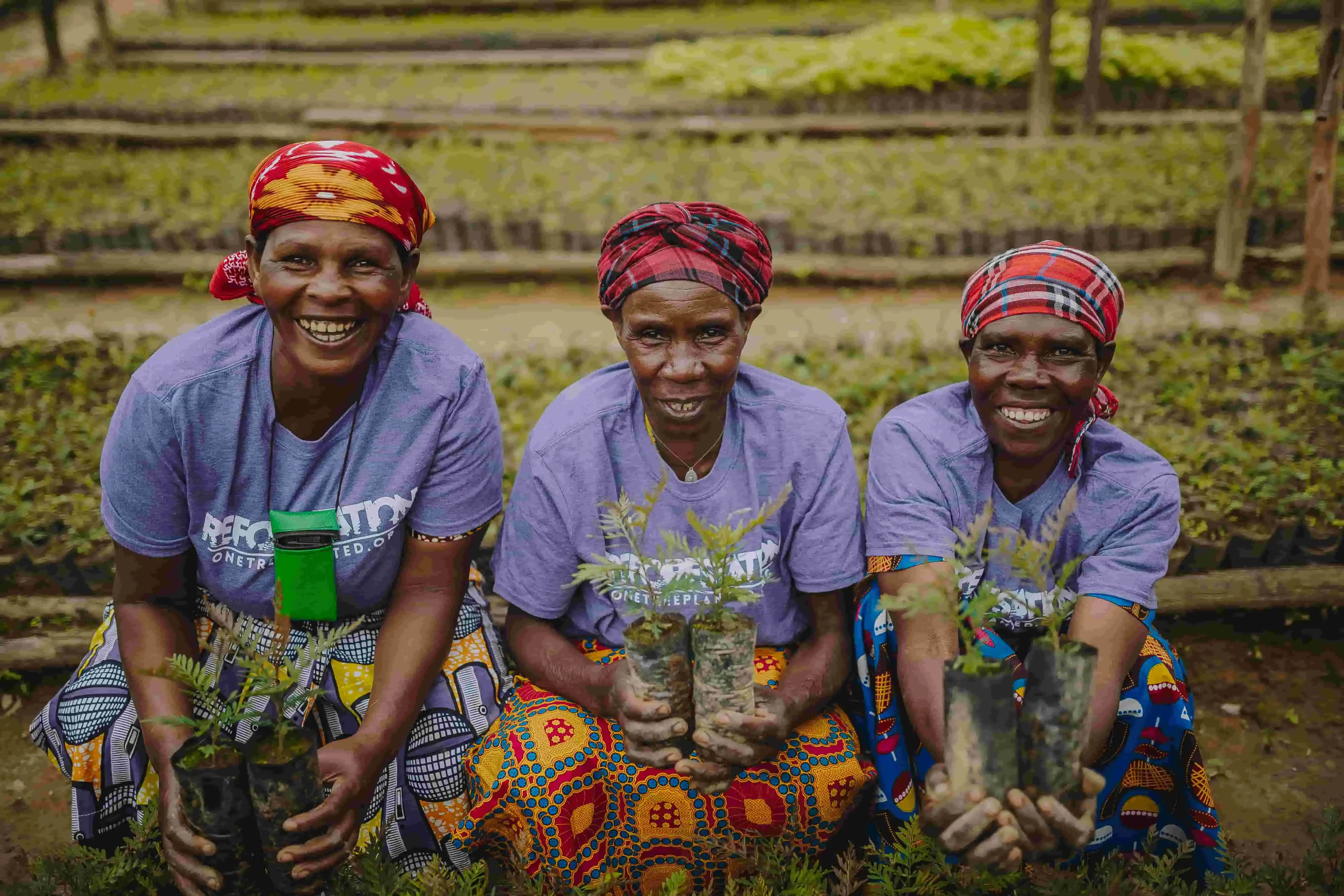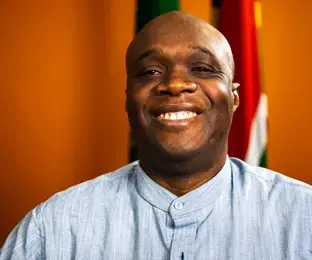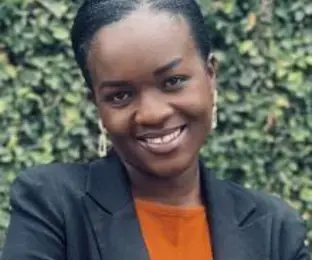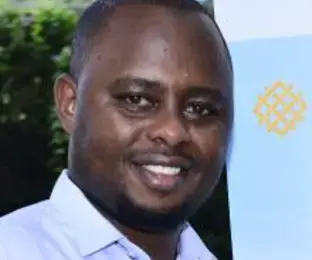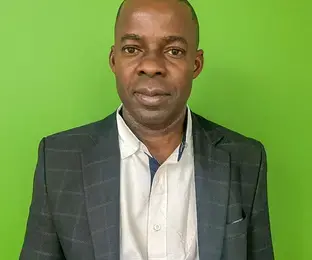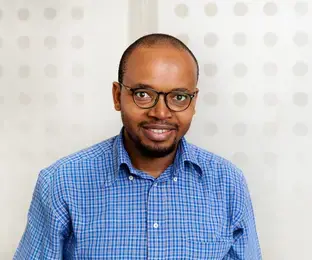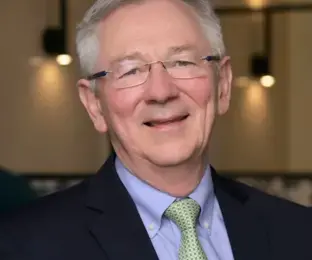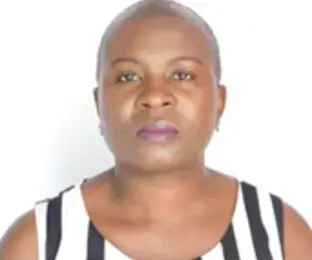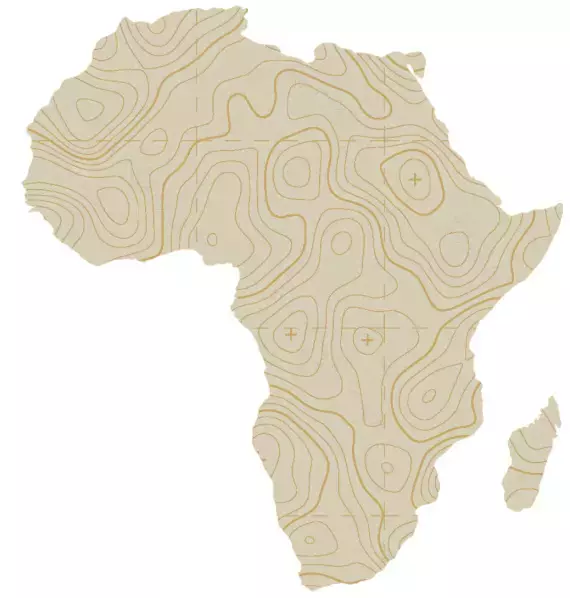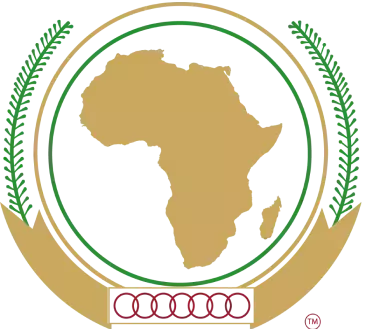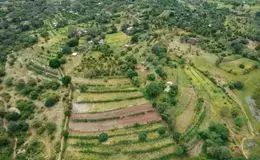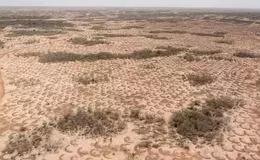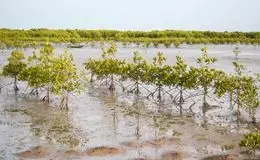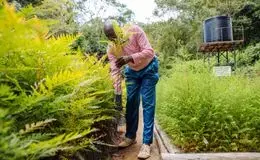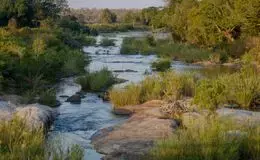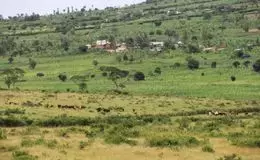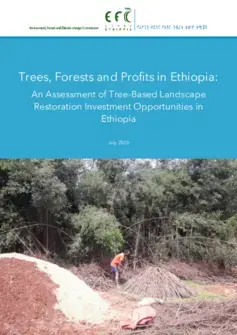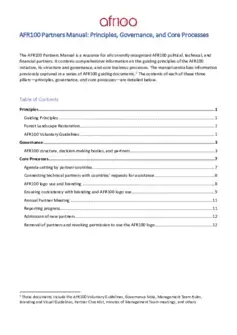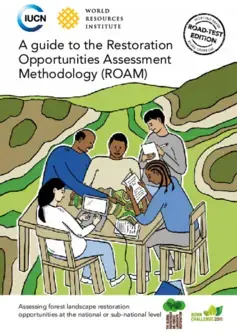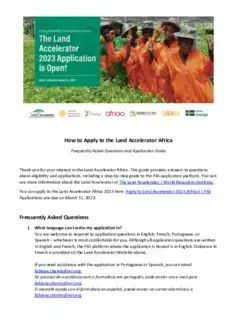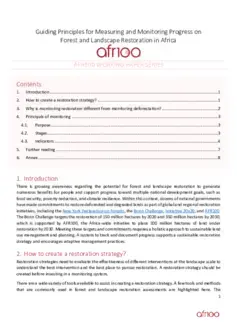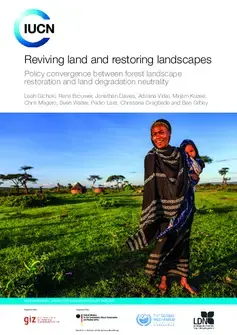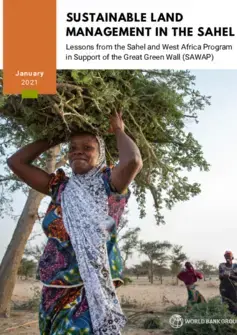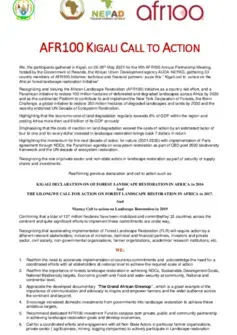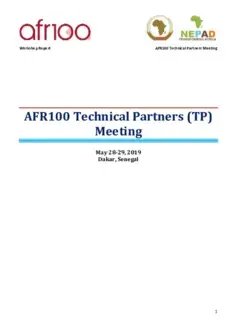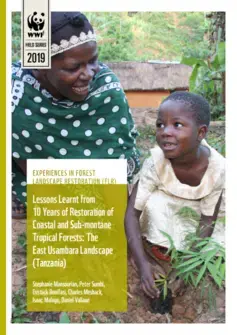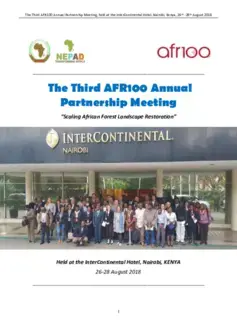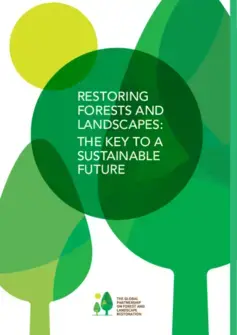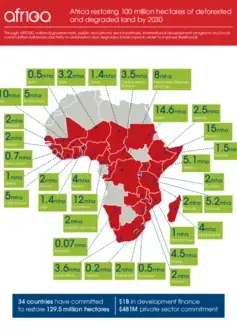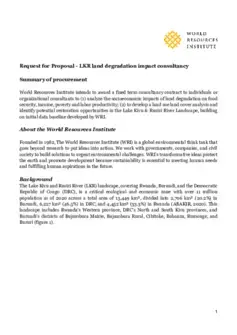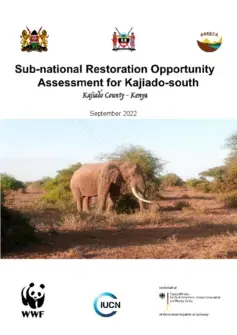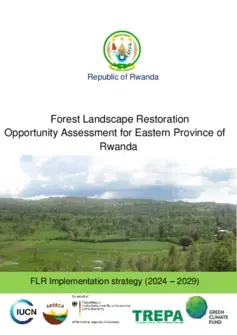We have thousands of entrepreneurs and community-based organizations ready to take on the land degradation challenge in Africa. Let’s invest in them and provide the required support to move the AFR100 movement forward.
Mamadou Diakhite
Acting Head of Environmental Sustainability, AUDA-NEPAD
The African Union Development Agency (AUDA-NEPAD), World Resources Institute (WRI), Germany’s Federal Ministry for Economic Cooperation and Development (BMZ) and the World Bank launched the AFR100 initiative at COP21 in Paris, with AUDA-NEPAD acting as the Secretariat.
Monitoring is fundamental to the success of this restoration movement in Africa; we are monitoring land restoration to bring transparency on progress, identify changes we need to make, credit the local restoration champions and make informed decisions on where we need to invest more to achieve our collective restoration goals.
Bernadette Arakwiye
Manager of AFR100 Programs, World Resources Institute Africa
The World Resources Institute supports restoration monitoring in AFR100 through pioneering new approaches for tracking land restoration progress at various scales (project, landscape, national and regional), documenting and encouraging adoption of restoration monitoring best practices and building a community of restoration monitoring practitioners for peer-to-peer learning and problem solving.
Entrepreneurs and Community-Based Organizations across Africa have demonstrated promising pathways for reversing land degradation. The Land Accelerator equips entrepreneurs with knowledge and skills to tackle this issue by building economically viable, sustainable businesses that safeguard our planet and provide livelihoods for millions of people.
Samuel Kabiru
Manager, The Land Accelerator, World Resources Institute Africa
The Global Restoration Initiative at World Resources Institute is supporting restoration champions across Africa by brokering and delivering the needed capacity and capital to accelerate action on the ground and meet regional land restoration goals.
Forest landscape restoration isn’t just about planting trees: it’s about restoring ecological functions across whole landscapes and enhancing human well-being across deforested and degraded landscapes, so that people and nature can thrive together.
Benjamin Uchena Akobundu
Programme Officer for AFR100- AUDA, AUDA-NEPAD
The African Union Development Agency (AUDA-NEPAD), World Resources Institute (WRI), Germany’s Federal Ministry for Economic Cooperation and Development (BMZ) and the World Bank launched the AFR100 initiative at COP21 in Paris, with AUDA-NEPAD acting as the Secretariat.
African farmers can expect $7-$30 in return for every dollar invested in healing the land. The AFR100 is investing billions into restoration projects across the continent, helping landscapes, the economy and communities thrive.
Teko Nhlapho
Communication & Advocacy Officer and African Union Land Accelerator Africa Lead, AUDA-NEPAD
The African Union Development Agency (AUDA-NEPAD), World Resources Institute (WRI), Germany’s Federal Ministry for Economic Cooperation and Development (BMZ) and the World Bank launched the AFR100 initiative at COP21 in Paris, with AUDA-NEPAD acting as the Secretariat.
The Bezos Earth Fund has earmarked $1 billion for restoration to be spent by 2030. We believe Africa is one of the most important places to start. The challenge is to channel more, and more varied, finance—from grants to loans to carbon finance—to the pioneering entrepreneurs and community leaders restoring land across the continent. Together we can make the momentum of Africa’s restoration movement unstoppable.
Andrew Steer
President and CEO, Bezos Earth Fund
The Bezos Earth Fund is a $10 billion grant commitment by Jeff Bezos to fund scientists, activists, NGOs and others to help drive climate and nature solutions. By allocating funds creatively, wisely, and boldly, the Bezos Earth Fund has the potential for transformative influence in this decisive decade.
As African countries continue to encounter increased occurrence of climate disasters and biodiversity loss, restoring degraded lands and forests is a major step towards achieving climate resilience for both nature and people. Engaging youth and women, often at the forefront of innovation and entrepreneurship, could drive innovation and create new opportunities linked to forest and landscaped restoration for Africa’s economic growth and development.
TUMEO Tangu
Forests, Landscapes and Livelihoods Programme Officer at IUCN
